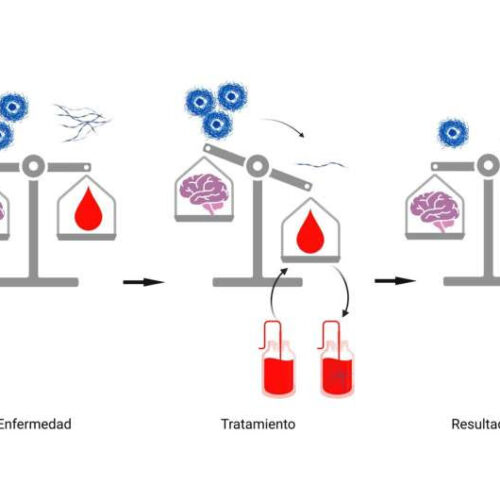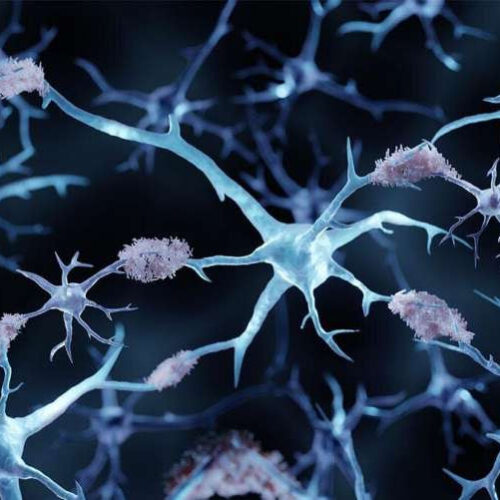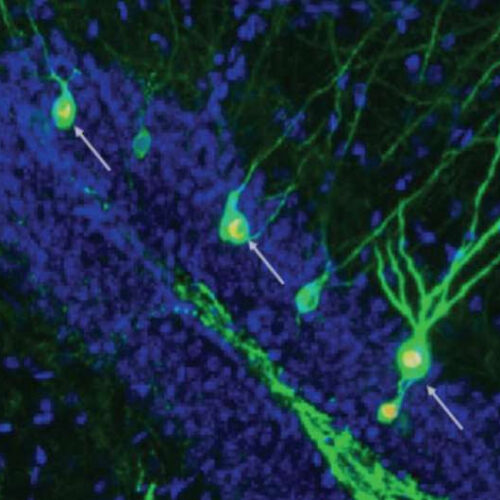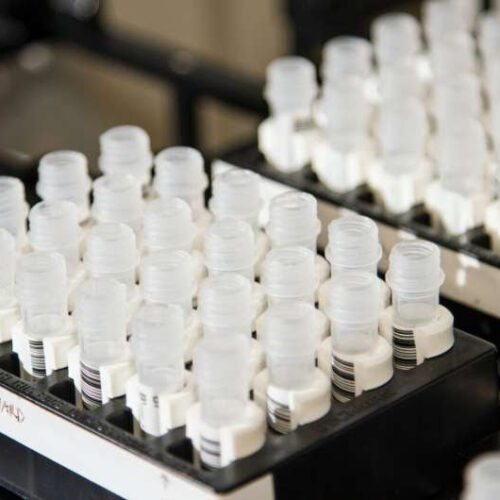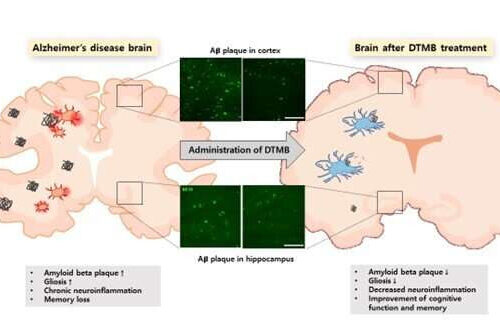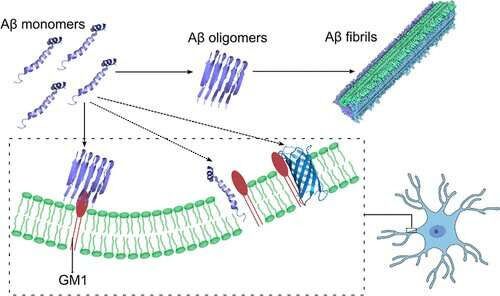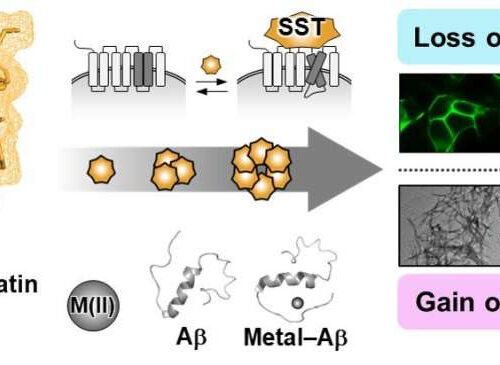By Rich Haridy September 28, 2022 Over 18 months those on lecanemab showed a 27% slower rate of cognitive decline compared to those in the placebo group Depositphotos Pharmaceutical companies Eisai and Biogen have announced the first results from a Phase 3 human trial testing a drug designed to treat symptoms of dementia associated with...
Category: <span>Alzheimer’s</span>
New therapeutic target could check the progress of Alzheimer’s disease
by University of Malaga This schematic explains how scientists have verified that if we remove toxins from the blood, they drain again from brain to blood in search of equilibrium, improving the clinical signs and pathology of the disease. Credit: University of Malaga A new study conducted by University of Malaga researcher Inés Moreno, in...
Altered brain connections in early Alzheimer’s disease
by University of Tsukuba Researchers from the University of Tsukuba identify a brain region that becomes overly important in the brain connections of people with pre-clinical Alzheimer’s disease. Credit: ART-ur/Shutterstock Although a lot is known about brain alterations in symptomatic Alzheimer’s disease (AD), less is known about changes in the brain network early in the...
Boosting neuron formation restores memory in mice with Alzheimer’s disease
by Rockefeller University Press The new study shows that boosting neurogenesis increases the number of newly formed neurons involved in storing and retrieving memories (arrows) in the hippocampus of mice with AD. Credit: Mishra et al. Researchers at the University of Illinois Chicago have discovered that increasing the production of new neurons in mice with Alzheimer’s...
Study identifies new dementia risk genes through novel testing approach
by University of California, Los Angeles Credit: Unsplash/CC0 Public Domain A new UCLA-led study has identified multiple new risk genes for Alzheimer’s disease and a rare, related brain disorder called progressive supranuclear palsy (PSP) by using a combination of new testing methods allowing for mass screening of genetic variants in a single experiment. The study, published...
Can the protein that defeats metabolic diseases conquer dementia?
by Pohang University of Science & Technology (POSTECH) Changes in the amount of amyloid-β aggregates in brain tissue following the administration of DTMB drug. Credit: POSTECH Alzheimer’s disease is a representative neurodegenerative disease showing up at an increasing rate in an aging society. Sufferers of this disease are not only portrayed in media, but can...
Neuron membrane lipid may contribute to Alzheimer’s development, progression
by Zach Sweger, Pennsylvania State University Graphical abstract. Credit: ACS Chemical Neuroscience (2022). DOI: 10.1021/acschemneuro.2c00221 A lipid found in the membranes of neurons may play a fundamental role in the development and progression of Alzheimer’s disease, according to a study by Penn State College of Medicine researchers. Their findings, published in ACS Chemical Neuroscience, provide possibilities for new...
LSU Health New Orleans discovers major contributor to Alzheimer’s disease
LOUISIANA STATE UNIVERSITY HEALTH SCIENCES CENTER New Orleans, LA – Research led by Drs. Yuhai Zhao and Walter J Lukiw at the LSU Health New Orleans Neuroscience Center and the Departments of Cell Biology and Anatomy, Neurology and Ophthalmology, reports for the first time a pathway that begins in the gut and ends with a potent...
What allegations of Alzheimer’s research fraud mean for patients
by John Mamo, The Conversation News of the alleged research fraud is a blow for people living with Alzheimer’s. Credit: Shutterstock Alzheimer’s disease is the most prevalent form of dementia and, with a rapidly aging global population, it is fueling unprecedented demand for costly patient care. There have been an estimated 400 clinical studies since the first Alzheimer’s drug...
Research team proves how neurotransmitter may be key in controlling Alzheimer’s toxicity
by KAIST Functional shift of somatostatin (SST) by factors in the pathogenesis of Alzheimer’s disease. Credit: KAIST With nearly 50 million dementia patients worldwide, Alzheimers’s disease is the most common neurodegenerative disease. Its main symptom is the impairment of general cognitive abilities, including the ability to speak or to remember. The importance of finding a...


